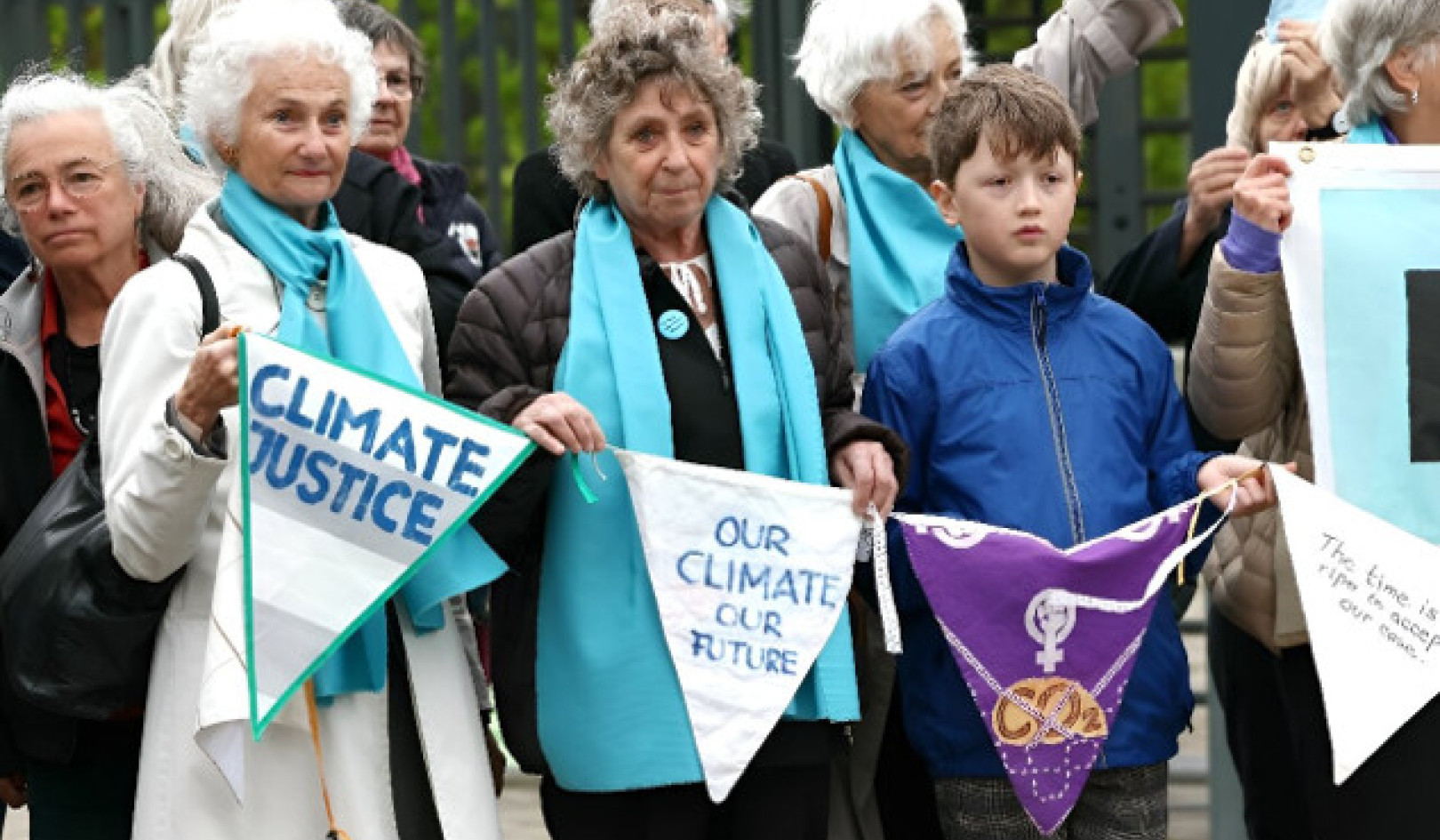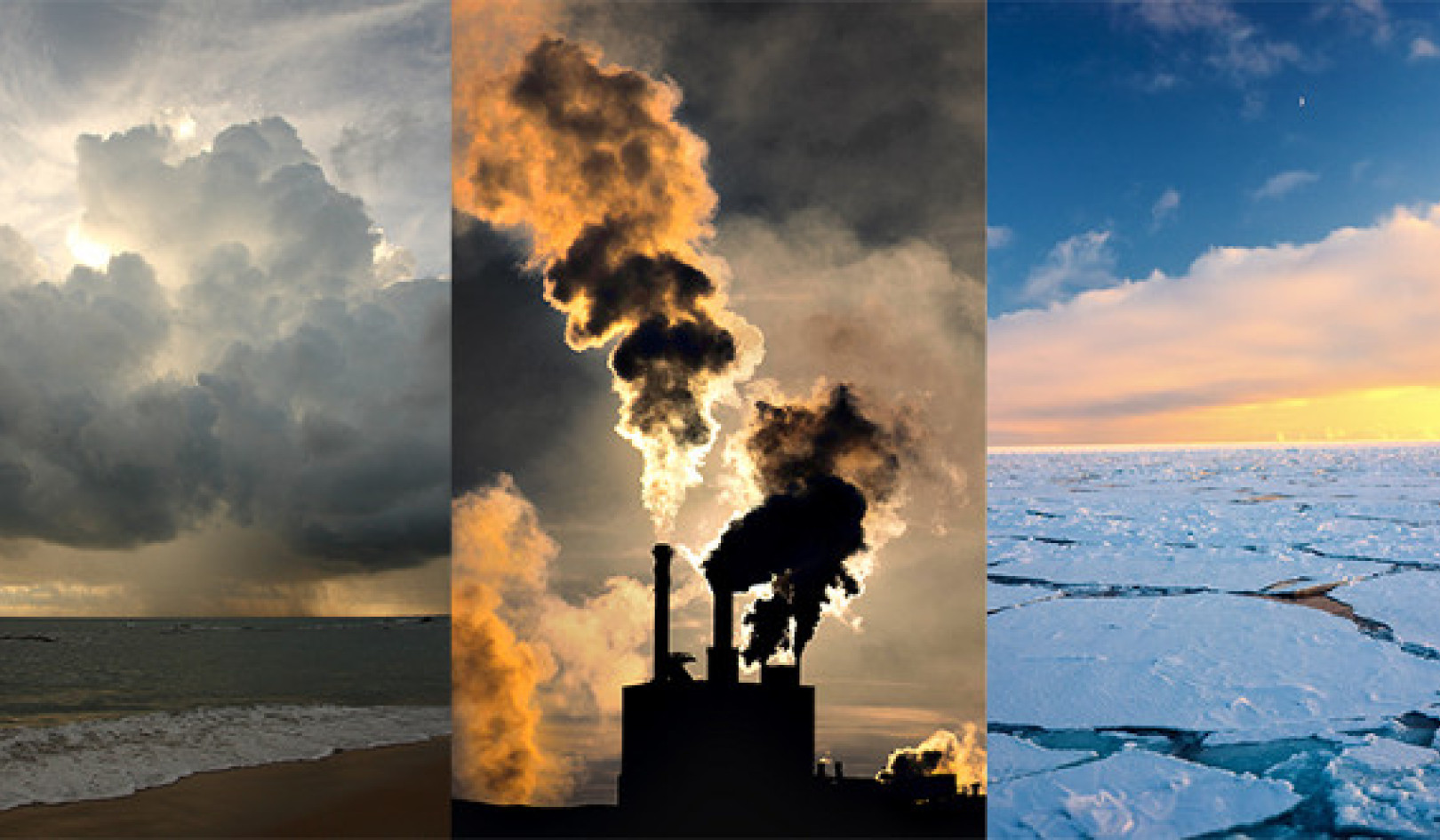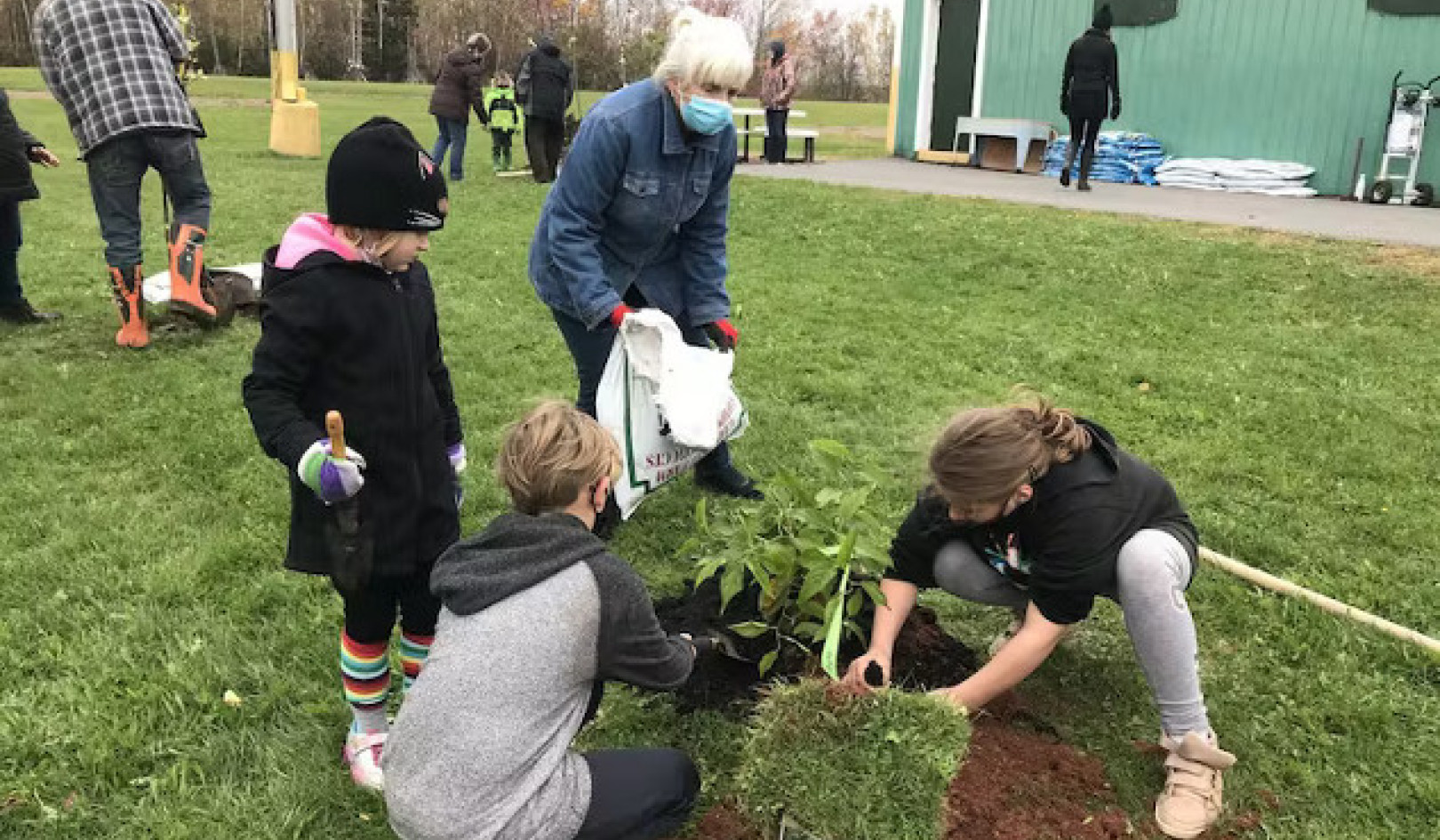Anyone who has been a farmer, had a big back yard garden, or ever had a greenhouse understands instantly that there is much more than beauty at stake. Most fruits and vegetables depend on insects to pollinate and without an adequate supply, crop yields fall. If yields fall, then prices rise. If prices rise, the poor are shut out of healthy food. If the poor are shut out of healthy food, then they get sick, health care costs skyrocket, and the good die young.
Already our food supply is too dependent on processed foods and our health suffers. Stand at the front door of your local supermarket. Where are the vegetables? Where's the real food? You'll see it stuck over on the right or left and in tiny proportion to the rest of the store. That is if you have a supermarket and don't live in a food desert as many of the urban poor do.
Take a look at the contents of shopping carts in lower-income neighborhoods. You'll find such low cost staples such as macaroni, white bread, white sugar... The vegetables have become a luxury that many feel they can't afford.
Once upon a time the doctrine of man's dominion over the earth implied stewardship. Now many just call for an end to the EPA. If we continue on this course, it might mean an end to more than to the EPA. But really, ending the EPA is only about ending regulation so that the few can profit at the expense of the many.
"Promiscuous" Bees and Vanishing Insects Mean Less Food For Us
 MOTHER JONES - The foods that make our meals more colorful and delicious—coffee, watermelon, almonds, to name a few—depend on pollinators like bees. In fact, three-quarters of global food crops rely at least partly on pollination by animals. But two reports published in Science last week show how wild pollinating insects such as bumblebees, butterflies, and beetles are disappearing, putting these foods at risk. Plus, one of the reports reveals, substituting hives of honeybees isn't going to cut it—according to research collected across 20 countries, managed honeybees don't do nearly as good of a job at pollinating as their wild counterparts.
MOTHER JONES - The foods that make our meals more colorful and delicious—coffee, watermelon, almonds, to name a few—depend on pollinators like bees. In fact, three-quarters of global food crops rely at least partly on pollination by animals. But two reports published in Science last week show how wild pollinating insects such as bumblebees, butterflies, and beetles are disappearing, putting these foods at risk. Plus, one of the reports reveals, substituting hives of honeybees isn't going to cut it—according to research collected across 20 countries, managed honeybees don't do nearly as good of a job at pollinating as their wild counterparts.
For one of the studies, Laura Burkle, an assistant ecology professor at Montana State University, wanted to see how climate change was affecting bee and plant interactions. When she and her fellow researchers stumbled across data collected in the late 1800s by naturalist Charles Robertson and in the 1970s by another researcher in the same location, they realized they had an opening. Burkle's team returned to Carlinville, Illinois, the site of Robertson's research (now fragmented forest surrounded by corn fields), discovering that where 109 species of wild bees once pollinated plants in the area, only 54 buzzed around today.
Continue Reading This Article...
How Can You Help the Bees?
As in many instances of things that challenge us as a nation such as pollution, a degrading environment, etc., we sometimes feel as if we are powerless to contribute to the solution.
A 3-year campaign launched on the BCC by the horticulturist, Sarah Raven has been quite successful in addressing this problem. In this edited version of her longer BBC video, she gives very practical things we can do in our own yards and gardens to help provide food for pollinators.
{youtube.com}r5s339CtI5w{/youtube.com}
Basic Info on Colony Collapse Disorder: Why Are Bees Flying Off to Die?
A quote attributed to Albert Einstein says that if the bees disappear, “man would have only four years of life left”. Whether or not Albert Einstein said this may be irrelevant. What is important for us to realize is that 30% of our food is dependent on pollinators such as bees.
What has been happening? Why are the bees abandoning their hives and calling it quits? This video offers some answers.
{youtube}hHRgdzwEPGA{/youtube}
About the Author
 Robert Jennings is co-publisher of InnerSelf.com with his wife Marie T Russell. He attended the University of Florida, Southern Technical Institute, and the University of Central Florida with studies in real estate, urban development, finance, architectural engineering, and elementary education. He was a member of the US Marine Corps and The US Army having commanded a field artillery battery in Germany. He worked in real estate finance, construction and development for 25 years before starting InnerSelf.com in 1996.
Robert Jennings is co-publisher of InnerSelf.com with his wife Marie T Russell. He attended the University of Florida, Southern Technical Institute, and the University of Central Florida with studies in real estate, urban development, finance, architectural engineering, and elementary education. He was a member of the US Marine Corps and The US Army having commanded a field artillery battery in Germany. He worked in real estate finance, construction and development for 25 years before starting InnerSelf.com in 1996.
InnerSelf is dedicated to sharing information that allows people to make educated and insightful choices in their personal life, for the good of the commons, and for the well-being of the planet. InnerSelf Magazine is in its 30+year of publication in either print (1984-1995) or online as InnerSelf.com. Please support our work.
Creative Commons 4.0
This article is licensed under a Creative Commons Attribution-Share Alike 4.0 License. Attribute the author Robert Jennings, InnerSelf.com. Link back to the article This article originally appeared on InnerSelf.com

Related Books:
The Future We Choose: Surviving the Climate Crisis
by Christiana Figueres and Tom Rivett-Carnac
The authors, who played key roles in the Paris Agreement on climate change, offer insights and strategies for addressing the climate crisis, including individual and collective action.
Click for more info or to order
The Uninhabitable Earth: Life After Warming
by David Wallace-Wells
This book explores the potential consequences of unchecked climate change, including mass extinction, food and water scarcity, and political instability.
Click for more info or to order
The Ministry for the Future: A Novel
by Kim Stanley Robinson
This novel imagines a near-future world grappling with the impacts of climate change and offers a vision for how society might transform to address the crisis.
Click for more info or to order
Under a White Sky: The Nature of the Future
by Elizabeth Kolbert
The author explores the human impact on the natural world, including climate change, and the potential for technological solutions to address environmental challenges.
Click for more info or to order
Drawdown: The Most Comprehensive Plan Ever Proposed to Reverse Global Warming
edited by Paul Hawken
This book presents a comprehensive plan for addressing climate change, including solutions from a range of sectors such as energy, agriculture, and transportation.



























